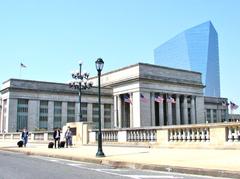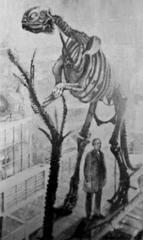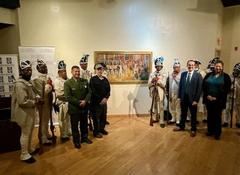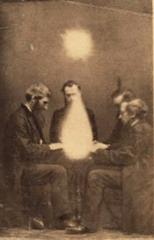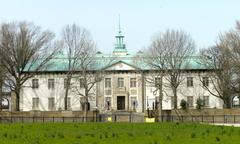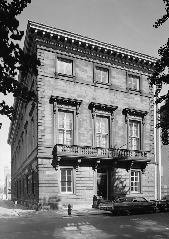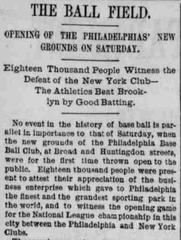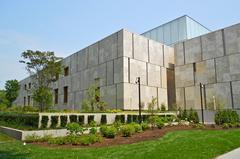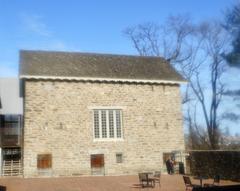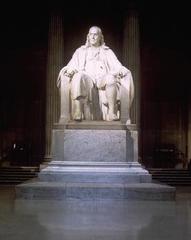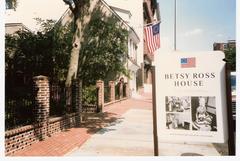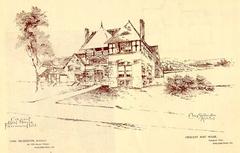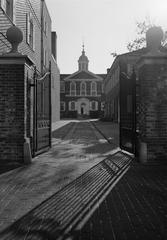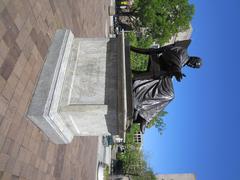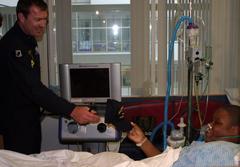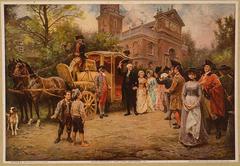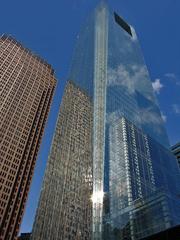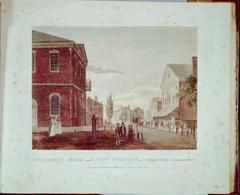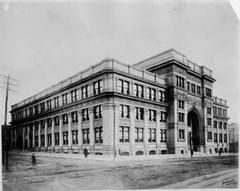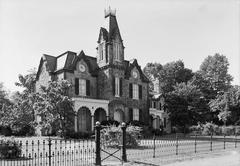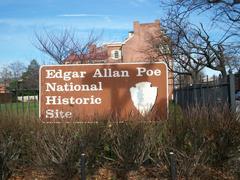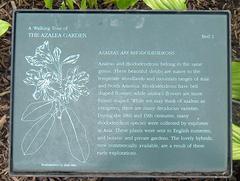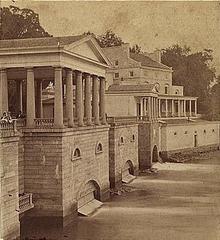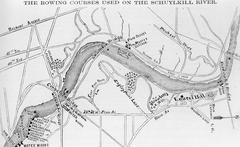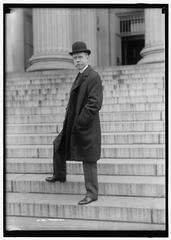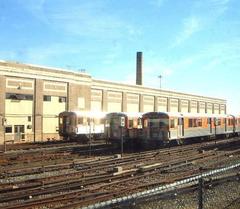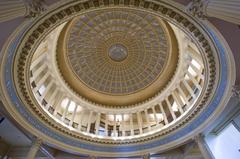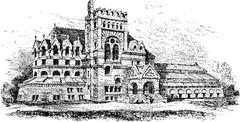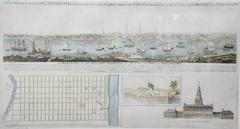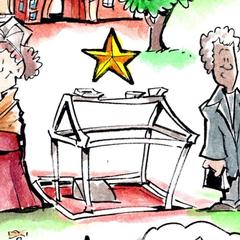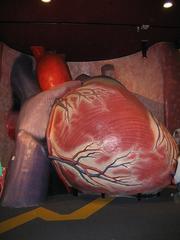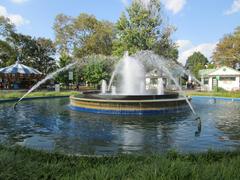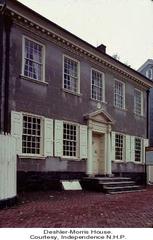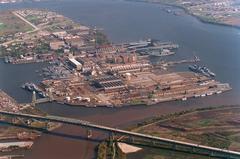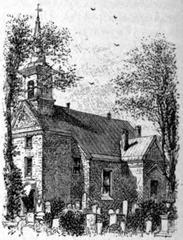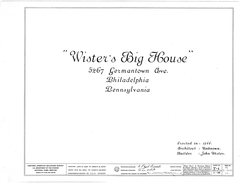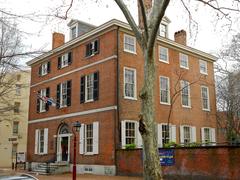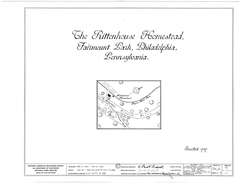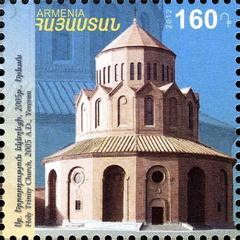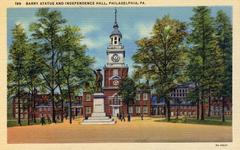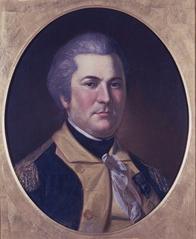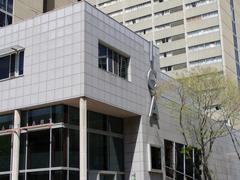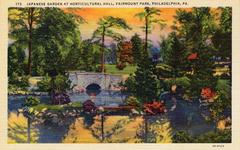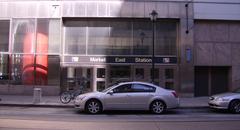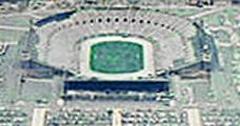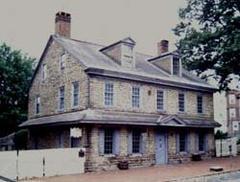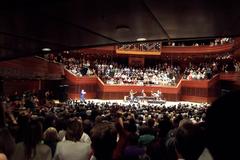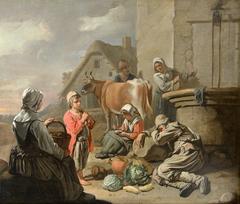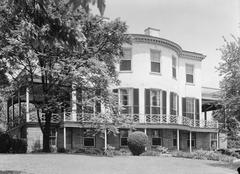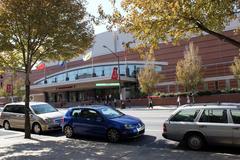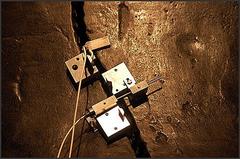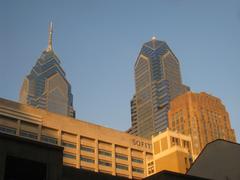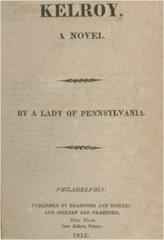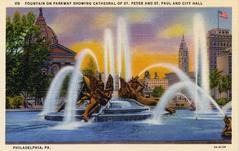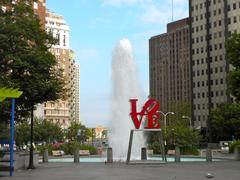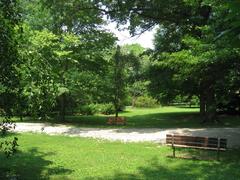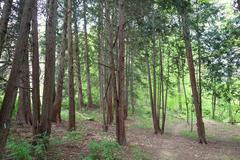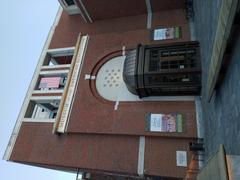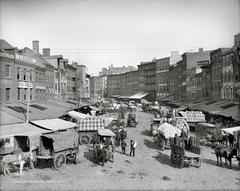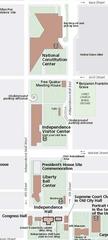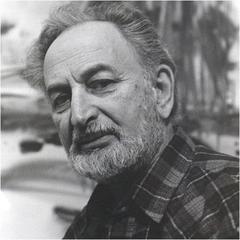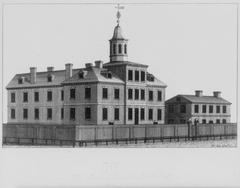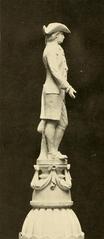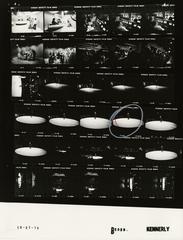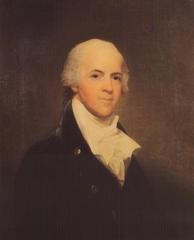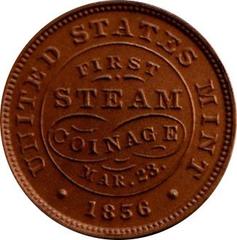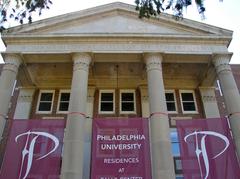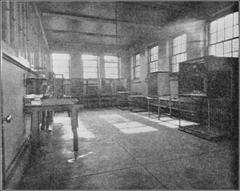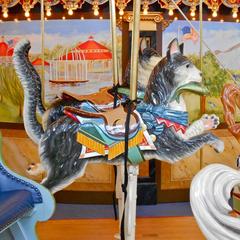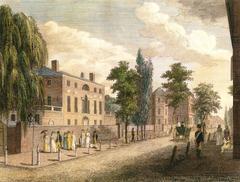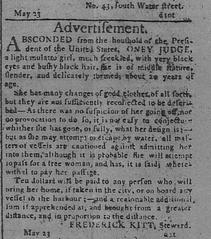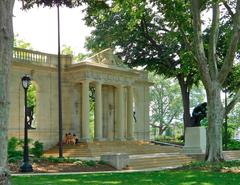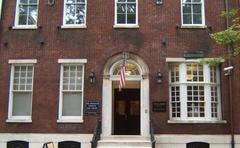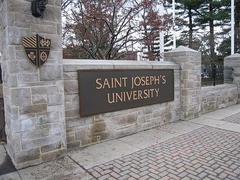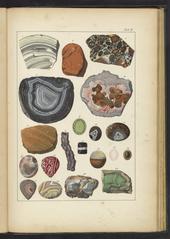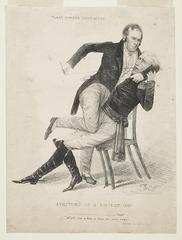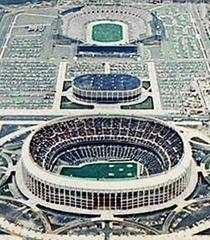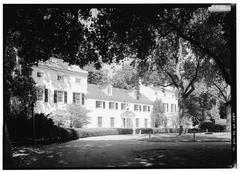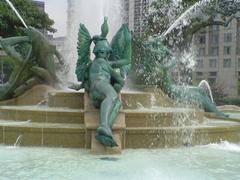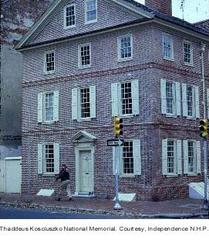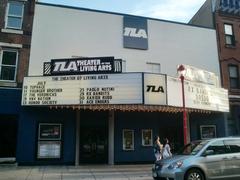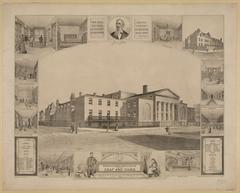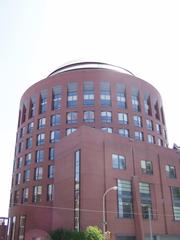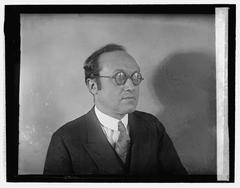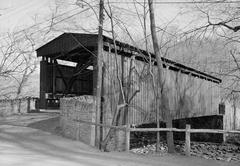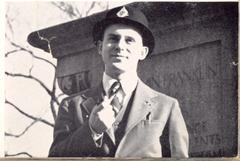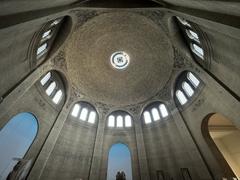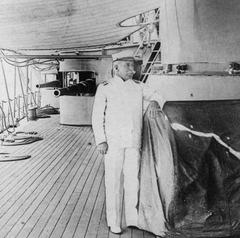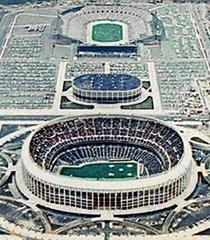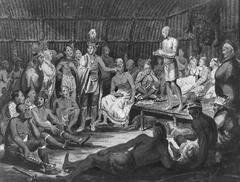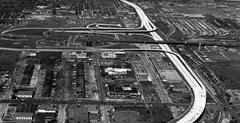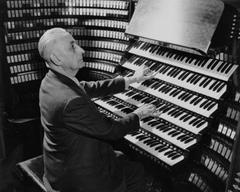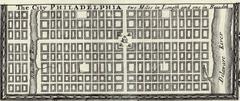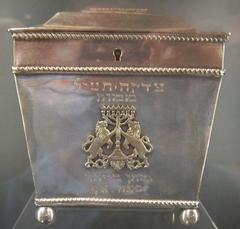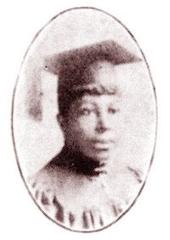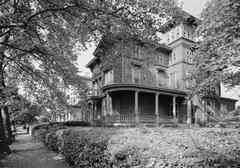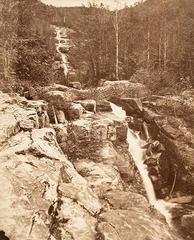
Wyck House Philadelphia: Visiting Hours, Tickets, and Historical Sites Guide
Date: 03/07/2025
Introduction: Wyck House in Philadelphia—A Window into American History
Nestled in the historic Germantown neighborhood of Philadelphia, Wyck House stands as a living testament to over three centuries of American history, Quaker heritage, and horticultural innovation. Established circa 1690, the house has been continuously occupied by the Haines family for more than 200 years, preserving a wealth of artifacts, documents, and landscapes that illuminate Philadelphia’s cultural and scientific development. Today, Wyck offers visitors the rare opportunity to explore an architecturally significant home—redesigned by William Strickland in 1824—alongside the nation’s oldest rose garden maintained in its original design, and a vibrant urban farm. Whether you are a history enthusiast, gardener, or cultural explorer, Wyck House promises an immersive experience that bridges the past and present. This comprehensive guide delivers all essential information on visiting hours, ticketing, tours, accessibility, and nearby attractions to ensure your visit is both enjoyable and enriching (Wyck Official Site; Preservation Science; Secrets of Philadelphia).
Table of Contents
- Introduction
- Historical Overview
- Visitor Information
- Gardens, Urban Farm, and Community Events
- Cultural and Historical Significance
- Frequently Asked Questions (FAQ)
- Plan Your Visit and Contact Information
- References
Historical Overview
Early Origins and Colonial Foundations
Wyck House, located at 6026 Germantown Avenue, dates back to around 1690. Its original western section, built for Hans Milan, reflects the practical architectural style of early European settlers in Germantown (SAH Archipedia). Over the 18th century, the house expanded, with its two main sections connected by the mid-1770s, featuring a passageway that later became a winter conservatory with innovative sliding glass panels added in 1845.
The Haines Family Legacy
For more than two centuries, Wyck remained under the stewardship of the Haines family, influential Quakers in Philadelphia. Their careful preservation of the house and its collections—including thousands of artifacts and documents—has made Wyck a rare repository of American material culture (Preservation Science). In 1989, the family established a trust to protect the house and its gardens, ensuring its survival for future generations.
Architectural Evolution and Modifications
The most significant transformation of Wyck House came in 1824, when famed architect William Strickland redesigned the interior, removing the central chimney and opening the spaces to reflect contemporary tastes. His work introduced architectural features such as the frame arbor, which influenced later Colonial Revival designs (SAH Archipedia).
Preservation and Conservation Milestones
Wyck House’s approach to preservation has been pivotal in shaping national conservation practices. After its donation to the Germantown Historical Society in 1973, a major restoration in the 1990s emphasized conserving all periods of the house, not just a single era. Innovations like the “swing stage” repair method were developed here and have since influenced preservation nationwide (Preservation Science).
Visitor Information
Location and Access
Wyck House is located at 6026 Germantown Avenue, Philadelphia, PA 19144, in the heart of Germantown. The site is accessible via SEPTA bus routes and regional rail, with nearby street parking available, though public transit is recommended due to parking limitations (Wyck Visit Information).
Visiting Hours
- Open Season (2025): April 3 – November 15
- Grounds: Tuesday–Saturday, 10:00 AM–4:00 PM
- Free Drop-In House Tours: Thursday–Saturday, 12:00 PM–4:00 PM (last entry 3:30 PM)
- Closed: Sundays, Mondays, and major holidays
- Winter (December–March): Closed for walk-ins; private tours or research appointments by request
Note: The house may close on days when indoor temperatures exceed 90°F (32°C) for safety. Updates on closures are posted on the Wyck homepage.
Tickets and Admission
- Self-Guided Ground Visits: Free of charge during open hours
- Guided Tours: Free drop-in tours (Thursday–Saturday); private tours available by advance arrangement
- Specialty Tours: “Behind the Scenes” tours and group experiences may be offered seasonally; advance booking recommended
- Events: Some events or festivals may have admission fees or require tickets—confirm on the Wyck events page
Guided Tours and Experiences
Docent-led tours offer a deep dive into Wyck’s architecture, family stories, and collections. Tours last 45–60 minutes and provide access to preserved rooms with authentic furnishings and artifacts. Specialty tours, when available, grant visitors access to seldom-seen upper floors and storage areas (WhichMuseum).
Accessibility
- Entrances: The main entrance is via the Germantown Avenue gate; ring the bell at the front door for entry.
- Mobility: Due to the historic layout, some interior spaces may be challenging for visitors with mobility issues. The gardens and grounds have level pathways that are generally wheelchair accessible.
- Facilities: Restrooms on site; no air conditioning. Contact staff for specific accessibility needs (Wyck Visit Information).
Visitor Amenities and Policies
- Refreshments: No café on site—visitors may bring snacks to enjoy in the gardens.
- Photography: Outdoor non-flash photography is permitted. Ask staff regarding indoor photography.
- Pets: Only service animals allowed.
- Weather: Check for weather-related closures, especially during heat waves or restoration periods.
Nearby Attractions
Wyck House is part of the Historic Germantown consortium, which includes 16 historic sites such as Cliveden, Johnson House, and Germantown White House—all within walking distance (Historic Germantown). The Historic Germantown Passport offers multi-site discounts for a full day of exploration.
Gardens, Urban Farm, and Community Events
The Gardens and Historic Landscapes
- Rose Garden: The oldest in its original plan in the U.S., with over 50 heritage varieties, blooming spectacularly in May (Lonely Planet).
- Vegetable and Herb Gardens: Supplying produce for the on-site farmers market and educational programs.
- Perennials, Fruit Trees, and Woodlot: Offering shaded spots and natural beauty.
- Historic Outbuildings: Carriage house, greenhouse, ice house, and smoke house dating from the 18th–20th centuries.
Urban Farm and Farmers Market
- Farmers Market: Fridays, June–Thanksgiving, featuring Wyck’s chemical-free produce and goods from local growers (Field Trip Directory).
- Educational Agriculture: Urban farm initiatives teach sustainable practices and connect visitors to Philadelphia’s agricultural heritage.
Community and Special Events
- Annual Festivals: Celebration of the Roses (May), Revolutionary Germantown Festival (October), Philadelphia Honey Festival, and more (Wyck Programs & Events; Visit Philly).
- Workshops and Lectures: Seasonal topics ranging from natural dyes to foodways history.
- Children’s Programming: Camps, garden activities, and family-oriented events.
- Second Saturdays in Historic Germantown: Multi-site open house events every second Saturday during the season.
Cultural and Historical Significance
Wyck House is a rare, unbroken link through over three centuries of Philadelphia’s evolution. Its continuous occupation by nine generations of the same family, designation as a National Historic Landmark (1971), and listing on the National Register of Historic Places reflect its national importance (The Cultural Landscape Foundation). Architecturally, Wyck is a palimpsest of colonial and early American styles, with significant renovations by William Strickland in 1824. The gardens, especially the rose collection, are horticultural treasures stewarded by the Haines family.
Wyck also played a humanitarian role during the Revolutionary War as a British field hospital and was a hub for scientific and intellectual exchange, with Reuben Haines III connected to the founding of the Academy of Natural Sciences and the Franklin Institute (Secrets of Philadelphia). As a museum and working urban farm, Wyck remains a model of living history, sustainability, and community engagement.
Frequently Asked Questions (FAQ)
Q: What are Wyck House visiting hours?
A: Tuesday–Saturday, 10:00 AM–4:00 PM (grounds); free drop-in house tours Thursday–Saturday, 12:00 PM–4:00 PM (April–November).
Q: Is there an admission fee or do I need tickets?
A: Admission is generally free; some tours or events may require advance booking or fees (Wyck Visit Information).
Q: Is Wyck House wheelchair accessible?
A: The gardens and main entrance are accessible. Some indoor areas may be challenging due to the historic layout.
Q: Where can I park?
A: Limited street parking is available. Public transportation is recommended.
Q: Can I take photos at Wyck House?
A: Outdoor photography is allowed; check with staff for indoor photography policies.
Q: Are pets allowed?
A: Only service animals are permitted.
Plan Your Visit and Contact Information
- Address: 6026 Germantown Avenue, Philadelphia, PA 19144
- Phone: 215-848-1690
- Email: [email protected]
- Website: https://wyck.org/
Tips for a Great Visit
- Check the Wyck homepage for up-to-date hours, closures, and event listings.
- Plan to visit during May for the Rose Season or the fall for special festivals.
- Explore nearby historic sites in Germantown for a full day of heritage tourism.
- Download the Audiala app for guided tours and updates.
- Subscribe to Wyck’s newsletter or follow on social media for news and events.
References
- Wyck House Official Site
- Preservation Science: Comprehensive Wyck Overview
- Secrets of Philadelphia: Wyck Farm & Garden Museum in Historic Germantown
- The Cultural Landscape Foundation: Wyck House
- Visit Philly: Wyck House Attraction Guide
- SAH Archipedia: Wyck
- Field Trip Directory: Wyck House
- Historic Germantown: Wyck
- Lonely Planet: Wyck
- WhichMuseum: Wyck
- Wyck Programs & Events
- Hidden City Philadelphia: Historic Wyck House in Germantown Gets a Facelift





